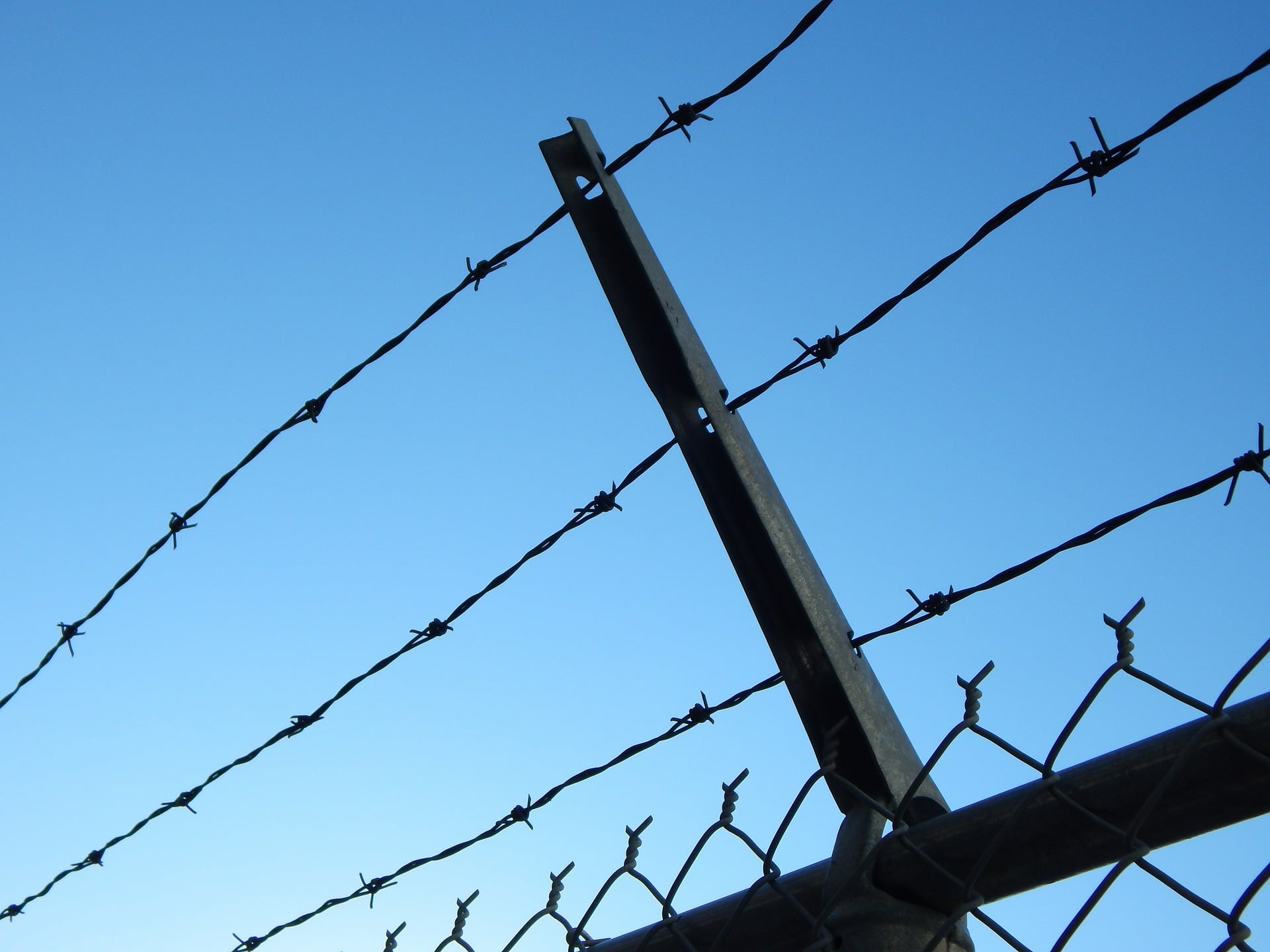COVID-19 has impacted us all, but people who are incarcerated have been among the hardest hit. Calls for large-scale releases reverberated around the world earlier this year, due to the heightened risk of contracting COVID-19 in prisons or jails—which once again highlighted that such facilities are incompatible with public health.
The emergency prison decongestion measures that many governments adopted to control the spread of COVID-19 sparked hope that lasting change was around the corner.
However, tracking by Harm Reduction International reveals that these measures were deeply flawed in their design and implementation—demonstrating that governments continue to focus on punishment over health and human rights, even in the face of a global pandemic.
In some countries, release measures were temporary. In Iran, for example, many of the 85,000 people who were released were called back to prison in late spring, with many facilities failing to follow proper quarantine procedures. Not only was this shortsighted, but it missed a unique opportunity to swiftly address prison overcrowding. In other countries, decongestion schemes were very poorly implemented. In the UK, although the government committed to release 4,000 prisoners in April, only 316 had been released when the scheme was paused in August.
Despite a few isolated examples of efforts to reduce arrest and detention, most countries continued to arrest people during the emergency, including for nonviolent crimes that posed no threat to others, such as those involving drugs. Many also used the pandemic as an excuse to roll back democracy and further criminalize marginalized groups.
Global Drug War Fuels Crisis
Punitive and discriminatory drug laws and policies currently fuel mass incarceration and intensify global inequality, ill-health, poverty and exclusion. People who use and sell drugs are overrepresented in prisons worldwide due to the global drug war, characterized by punitive drug laws and policies. Of the 11 million people currently behind bars worldwide, about 21 percent (or one in five) are currently being held on a drug charge.
The heavy burden of drug law enforcement falls disproportionately on Black, Brown and Indigenous peoples, who are much more likely to be stopped, searched, arrested, convicted and harshly sentenced for drug-law violations than their white counterparts—all over the world. Punitive drug policies also disproportionately impact women. Globally, a higher proportion of incarcerated women are imprisoned for drug-law violations than that of incarcerated men.
Vulnerable Populations Left Behind
Harm Reduction International found that at least 28 countries—25 percent of those which enacted prison decongestion measures—explicitly excluded people detained on certain drug charges from release.
Sri Lanka was particularly restrictive, excluding from eligibility not only people with drug convictions, but also people in prison deemed to be “addicted to drugs”. In 19 countries, people in pre-trial detention were explicitly excluded; while in Albania and Turkey, only people who were in prison with a final sentence were considered for release, thus excluding incarcerated people who should be presumed innocent.
At least 10 countries excluded people in prison who did not have a fixed home address, thereby making housing a pre-condition for release. Not only does this further disadvantage some of the most vulnerable people in prison, but it also ignores longstanding problems with the re-entry process, including lack of housing and employment opportunities—all of which increase a person’s risk of acquiring COVID-19 and other diseases.
Lack of Support for Those Released
For many people who did get urgently released, there appear to have been very few measures put in place to protect their health and well-being. The scale and impact of this neglect is now becoming apparent.
In Iran, for example, many people from disadvantaged socioeconomic backgrounds were not linked to adequate financial, harm reduction, and housing support post-release. Furthermore, among many people without stable housing, the closure of parks following lockdown limited their access to water and sanitation facilities. In India, scores of people released from prison were forced to walk, hitchhike or cycle hundreds of kilometres to get home and faced stigma and discrimination in all aspects of their lives.
People who use drugs also face an increased risk of opioid overdose following release. This arises from decreased tolerance to opioids after a period of enforced abstinence, as well as erratic access to opioid agonist therapy such as methadone and buprenorphine, which was particularly acute during lockdown.
Unsurprisingly, opioid-involved deaths have surged in many countries during the pandemic, with the United States recording a national jump of 18 percent in March, 28 percent in April and 42 percent in May.
Inhumane Conditions
For the millions of people who remain incarcerated or were called back to prison after being temporarily released, there have been substantial changes to their conditions of confinement and major disruptions to the already-limited essential services available to them. In many cases, the severe restrictions imposed have intensified the risk of human rights abuses and have led to conditions of detention becoming even more inhumane than before.
As expected, the impact on the mental and physical health of people in prisons and jails has been devastating, and has led to rising tensions and an increase in violence. In Italy, prison riots stemming from COVID-19 restrictions resulted in the death of 13 incarcerated people. As highlighted by the UK Joint Committee on Human Rights, “legitimate questions remain as to whether the severe restrictions on prisoners’ human rights were proportionate and whether lives could have been protected by other, less restrictive means.”
A Lost Opportunity
The COVID-19 pandemic has laid bare the health and social disparities in countries around the world. It also presents a unique opportunity to begin rethinking and reforming fundamentally flawed drug policies and structurally racist criminal justice systems—such as by redirecting resources away from police and drug enforcement towards dedicated systems of care and support that promote dignity.
Unfortunately, the significant shortcomings of the prison decongestion schemes, alongside increased restrictions in prisons and continued arrests, have made it patently clear that governments remain unwilling to prioritize health, racial justice and human rights over punishment.
Photo by ErikaWittlieb from Pixabay





Show Comments